CSPO News In the Press
-

The Emergence of the Fifth Wave in American Higher Education
America’s future depends on embracing the idea that excellence and access in higher education are not incompatible, but synergistic.
By excluding huge proportions of the population, the nation excludes the experience, ideas, intelligence, and ambitions of those millions. Equity and excellence are complementary because talent is distributed throughout the socioeconomic spectrum.
-

Winter 2020 Issues in Science and Technology
Authors in the latest issue reimagine science institutions, discover the hidden influence of academic publishers, warn against the claims of precision medicine, and much more.
A reassessment of the landmark policy report Science, the Endless Frontier finds that the time has come for a fresh look at how the United States invests in scientific research.
-
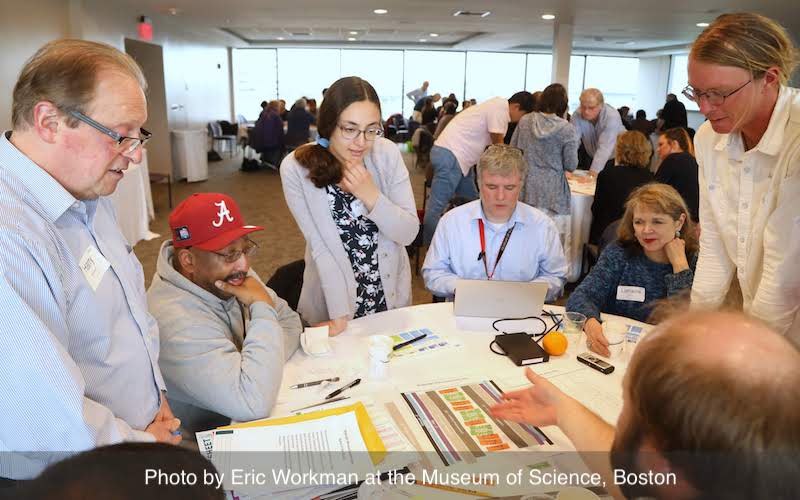
Announcing the Public Interest Technology Community Innovation Fellowship!
An immersive learning program for engaging communities in science and technology policy, education and research
This pilot fellowship will train the next generation of science-engagement professionals to collaborate with local civic, government, and university partners to engage the public on science and technology issues that matter to their local communities. Apply by January 29, 2020!
-
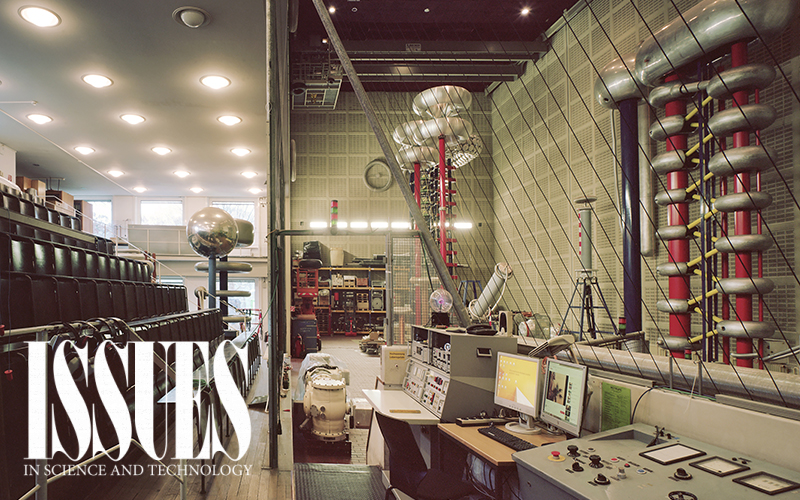
Summer 2019 Issues in Science and Technology
The empty radicalism of the climate apocalypse, protecting the accuracy of the 2020 Census, artificial intelligence for a social world, and much more.
The policies proposed by climate activists and progressive politicians to combat global warming are not nearly as radical—or potentially effective—as claimed. What would it mean to get serious about addressing climate change?
-
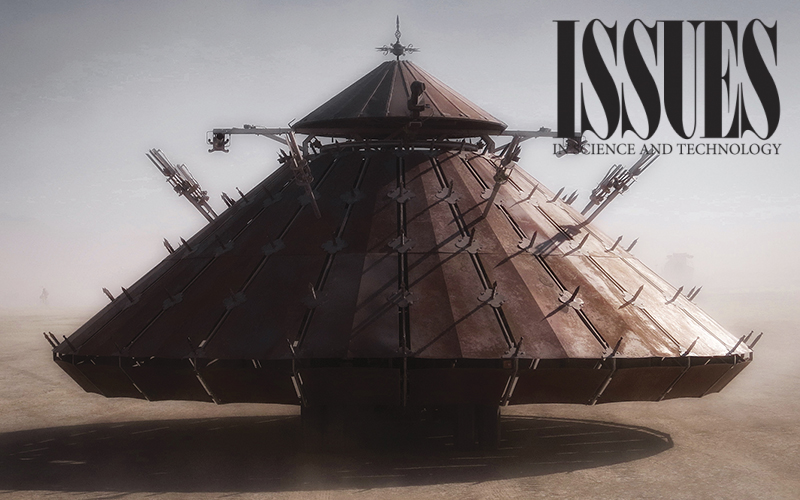
Spring 2019 Issues in Science and Technology
Human gene editing, plus UFO sightings, smart manufacturing, autonomous vehicles, and much more.
For the Spring 2019 edition of Issues, leading thinkers in the field of genomics comment on where we are in the process of understanding and managing the use of the precision gene-editing tool CRISPR on humans.
-

Fall 2018 Issues in Science and Technology
What effect will technological advances have on the nature of work? A special section in the new issue helps to make sense of how work is changing.
Advances in artificial intelligence, robotics, and other technologies have produced anxiety about the future of work. The picture is so uncertain that cases can be made for a future shortage of skilled workers, a shortage of high-quality jobs, or a decline in the need to work at all. A special section in the latest Issues explores the future of work.
-
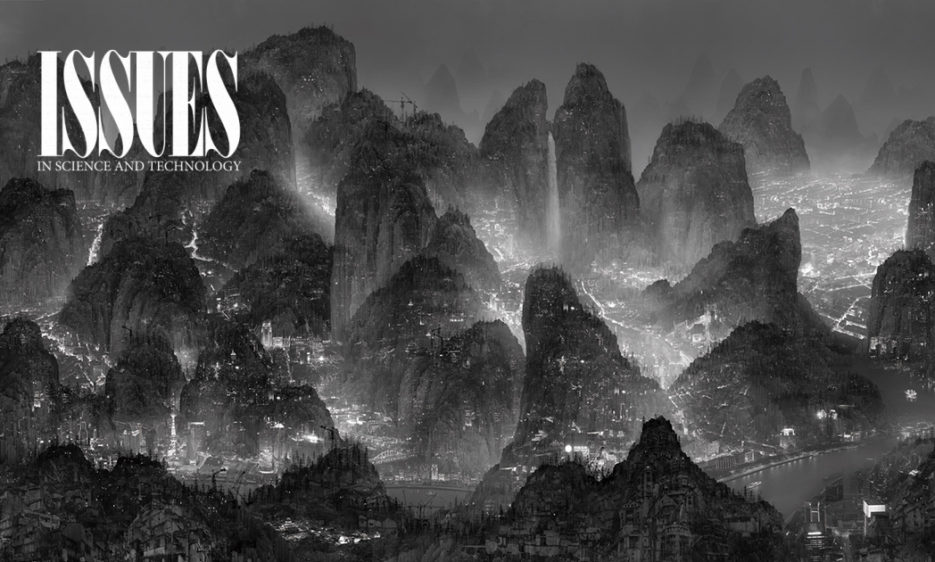
Summer 2018 Issues in Science and Technology
The new issue challenges some core assumptions that underpin policymaking in competitiveness, climate, energy, and more.
Relying uncritically on assumptions of questionable legitimacy is a poor way to make policy. This concern animates several of the essays in the Summer 2018 Issues in Science and Technology.
-

Spring 2018 Issues in Science and Technology
The latest issue features compelling policy proposals that can help society better manage momentous changes.
Can policymaking keep pace with the social, technological, and environmental upheavals we are currently experiencing? That question is central to several of the Feature essays in the Spring 2018 Issues in Science and Technology.
-
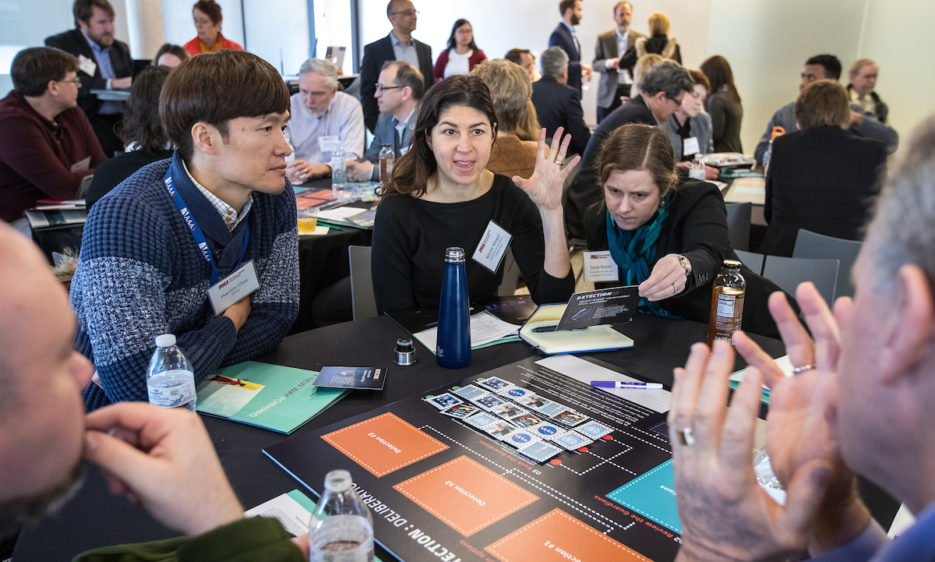
How the Public Can Inform Science and Technology Policy: The Case of Planetary Defense
How can participatory technology assessment (pTA) be used to impact science and technology policy?
CSPO and partners brought a variety of members of the Washington science policy community, media and academic organizations to participate in a mini-version of a public deliberation on asteroid detection to demonstrate the value of the pTA process of engaging citizens in informed and facilitated dialogue with experts and decision-makers.